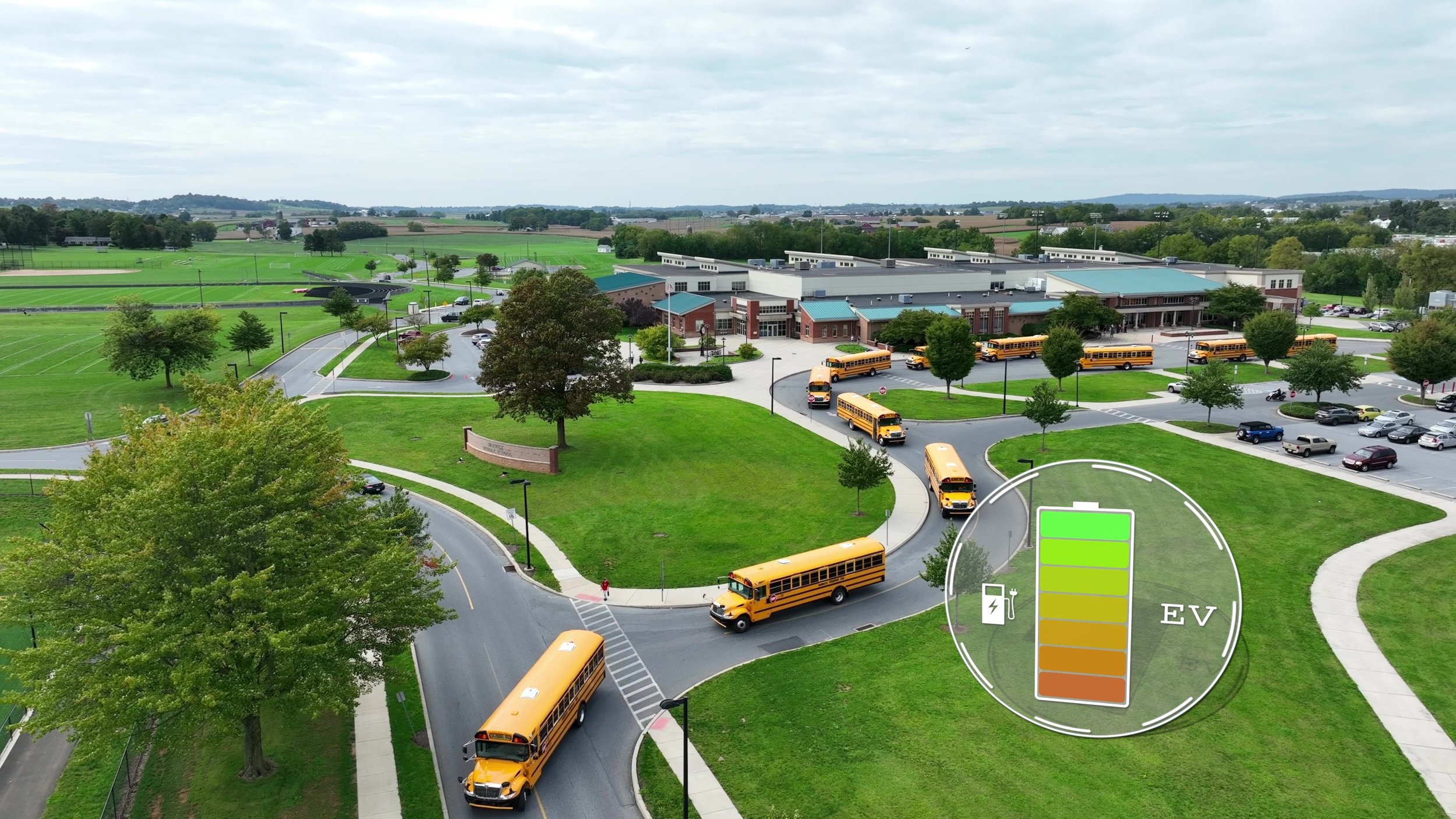
Why EV?
Electric vehicles (EVs) offer a wide range of benefits for the transportation sector, making them an attractive option for individuals, businesses, and public transit systems. Here are the key advantages of EVs:
1. Zero Tailpipe Emissions
EVs produce no direct emissions, significantly reducing greenhouse gases (GHGs) and harmful pollutants such as nitrogen oxides (NOx) and particulate matter. This is a major benefit for urban areas, where air quality is often compromised by internal combustion engine (ICE) vehicles. Transitioning to EVs helps in meeting local and national clean air standards.
2. Lower Greenhouse Gas (GHG) Emissions
When powered by renewable energy sources like solar or wind, EVs can be close to carbon-neutral. Even when powered by electricity from the grid, which includes fossil fuel-generated power, EVs typically produce fewer GHG emissions than gasoline or diesel vehicles over their lifecycle, contributing to significant reductions in the carbon footprint of transportation.
3. Reduced Fuel and Maintenance Costs
EVs are generally much cheaper to operate than conventional vehicles. Electricity is often more affordable than gasoline or diesel, and the price is more stable. Additionally, EVs have fewer moving parts than internal combustion engines, resulting in lower maintenance costs. There’s no need for oil changes, fuel filters, or transmission repairs, and EV brakes tend to last longer due to regenerative braking.
4. Energy Efficiency
EVs are much more energy-efficient than conventional vehicles, converting about 60-70% of electrical energy from the grid to power the wheels, compared to internal combustion engines, which only convert 20-30% of the energy stored in gasoline or diesel. This efficiency translates to less overall energy consumption and a reduction in fuel dependency.
5. Energy Diversification and Independence
Using electricity as a transportation fuel reduces reliance on imported oil, supporting energy independence and diversification. Countries and regions can leverage local electricity generation from renewable resources like wind, solar, and hydropower, enhancing energy security and reducing the vulnerability to global oil price fluctuations.
6. Increased Charging Infrastructure
As EV adoption grows, governments and private companies are investing heavily in charging infrastructure, making it more convenient to charge EVs at home, at work, and in public locations. This expansion ensures that range anxiety (the fear of running out of battery charge) becomes less of a concern for drivers and fleet operators.
7. Tax Credits and Incentives
Governments worldwide are offering financial incentives to encourage EV adoption. These include federal tax credits, state rebates, reduced registration fees, and utility company incentives for home and commercial charging installations. Such programs can reduce the upfront cost of purchasing an EV, making it a more competitive choice.
8. Enhanced Driving Experience
EVs offer a quiet, smooth ride with instant torque delivery, providing excellent acceleration and a more enjoyable driving experience. Without the noise and vibrations of a traditional engine, EVs are ideal for urban environments and long-distance travel.
9. Support for Corporate Sustainability Goals
Many companies are switching to EVs to meet corporate sustainability and Environmental, Social, and Governance (ESG) goals. EVs help reduce fleet emissions and improve a company's environmental profile, enhancing their brand image and fulfilling corporate social responsibility (CSR) commitments.
10. Reduced Noise Pollution
EVs operate much more quietly than gasoline or diesel vehicles, leading to a reduction in noise pollution. This is particularly important in urban settings, where high levels of traffic noise can negatively impact health and well-being.
11. Scalability for Fleet Operations
EV technology is increasingly being adopted by commercial fleets, from last-mile delivery vehicles to electric busesand trucks. EVs provide fleet operators with a way to lower fuel and maintenance costs, reduce emissions, and future-proof their operations as more governments push for cleaner transportation options.
12. Battery Advancements and Vehicle-to-Grid (V2G)
The development of vehicle-to-grid (V2G) technology allows EVs to act as mobile energy storage units. EVs can send stored energy back to the grid during peak demand periods, helping to stabilize the energy network and reduce strain on the grid. This can create additional revenue streams for EV owners through energy management programs.
By adopting electric vehicles, the transportation sector can reduce its environmental impact, lower operating costs, and support global efforts to combat climate change while enhancing energy security and creating new economic opportunities.
